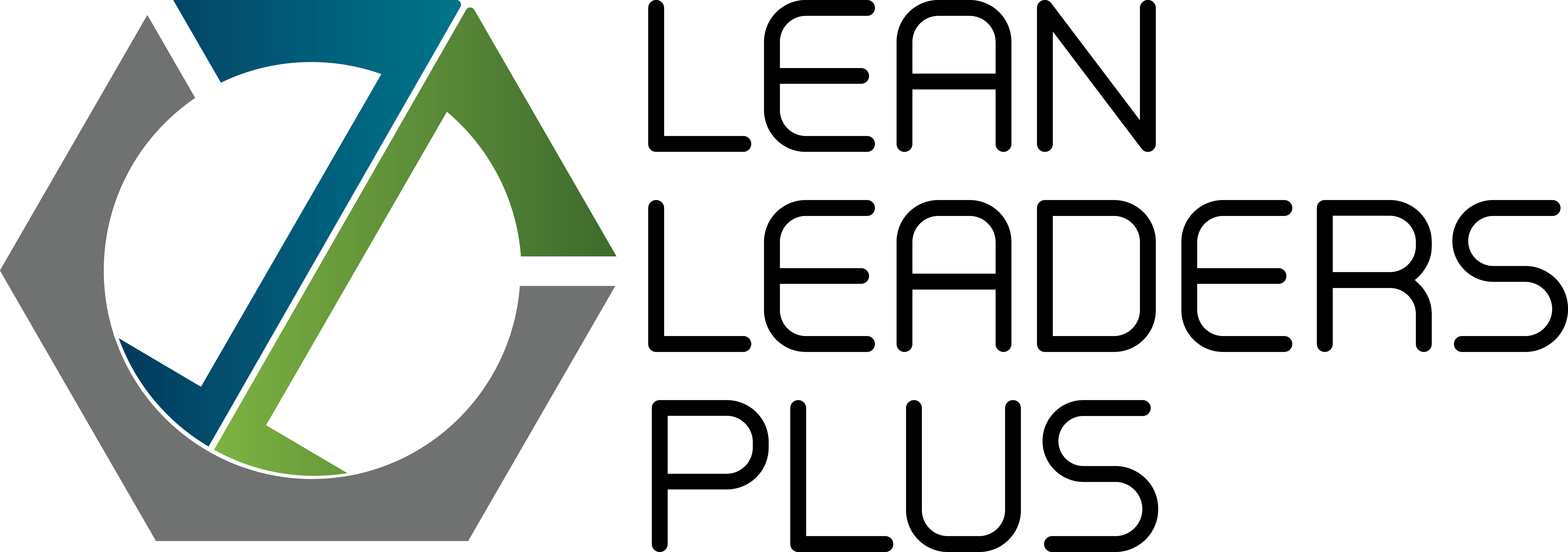In the quest for sustainable growth and operational excellence, businesses are constantly seeking ways to optimize processes and maximize efficiency. Lean methodology has emerged as a powerful approach for transformative change. Lean consulting firms specialize in bringing expertise, experience, and innovative thinking to help organizations streamline operations, eliminate waste, and drive continuous improvement.
In this article, we will explore the critical role of lean consulting firms in optimizing processes and fostering sustainable growth. Through collaboration, these firms empower organizations to thrive in an ever-evolving business landscape.
- Process Analysis and Assessment
Lean consulting firms conduct thorough process analysis and evaluations to identify inefficiencies, bottlenecks, and areas for change within a business. Using methodologies such as value stream mapping, process flow analysis, and data analysis, these consultants provide a comprehensive understanding of current processes.
- Waste Identification and Elimination
One of the primary objectives of lean consulting companies is to locate and eliminate waste in its various forms, including defects, excess inventory, waiting times, wasteful motion, and overproduction. By helping businesses streamline operations, these firms increase productivity and reduce costs.
- Value Stream Mapping
Lean consultants assist organizations in value stream mapping projects, which involve mapping the entire flow of value-added activities from raw materials to product or service delivery. This visual representation enables businesses to identify phases that do not provide value and make necessary process adjustments.
- Lean Tools and Techniques
Lean leadership service providers are proficient in a range of lean methods and practices, such as Kanban, Kaizen, Just-in-Time (JIT), Total Productive Maintenance (TPM), and the 5S (Sort, Set in Order, Shine, Standardize, and Sustain). They help businesses implement these techniques to enhance operational effectiveness.
- Training and Education
Lean consulting firms offer comprehensive training and education programs led by industry experts. These programs equip staff with lean principles and practices through workshops, seminars, and practical training sessions at all levels of the organization.
- Cultural Transformation
Successful lean implementation requires a change in organizational culture. Lean companies support the development of cultures where employees are empowered to identify problems, work collaboratively on solutions, and embrace change.
- Leadership Development
Lean consulting firms recognize the importance of leadership in driving lean projects. They provide coaching and development programs that foster effective communication, teach lean thinking, and equip leaders to lead lean transformations.
- Data-Driven Decision Making
Data analysis lies at the heart of lean approaches. Consulting firms assist enterprises in gathering and analyzing relevant data to support informed decision-making and ongoing progress. They help create metrics and key performance indicators (KPIs) to measure success.
- Change Management
Implementing lean techniques often requires significant organizational changes. Lean consulting firms help organizations manage change by addressing stakeholder opposition, obtaining buy-in, and facilitating smooth transitions.
- Standardization
To maintain consistency and promote continuous progress, standardized work processes and visual management systems are essential. Lean consulting firms assist businesses in creating these standards to enhance clarity, reduce errors, and improve workflow.
- Supply Chain Optimization
Lean principles extend beyond the boundaries of an organization. Consulting firms collaborate with partners and suppliers to optimize the entire supply chain, reducing lead times, lowering inventory levels, and enhancing overall productivity.
- Continuous Improvement Frameworks
Continuous improvement is at the core of the lean philosophy. Lean consulting firms help organizations establish frameworks like Plan-Do-Check-Act (PDCA) or DMAIC (Define, Measure, Analyze, Improve, and Control) to enable continuous improvement cycles and sustain lean processes.
- Lean Office and Service Applications
While lean manufacturing was initially developed for the manufacturing sector, consulting companies have expanded their expertise to include office settings and service sectors. Businesses can apply lean principles to improve operations, customer support, and other non-manufacturing areas.
- Lean Six Sigma Integration
Lean consulting firms often combine Lean and Six Sigma tools to establish a holistic strategy for process improvement. By integrating waste elimination with statistical analysis and problem-solving methodologies, these firms help organizations achieve comprehensive process optimization.
- Performance Measurement and Monitoring
Lean consulting companies assist businesses in setting up processes for tracking progress, identifying areas for further development, and ensuring the sustainability of Lean initiatives. Through effective performance measurement and monitoring, organizations can continuously improve their operations.
Conclusion
In today’s complex business environment, the role of Lean consulting firms is crucial in the pursuit of sustainable growth and operational excellence. These firms serve as strategic partners, guiding organizations through the transformative journey of process optimization.
By leveraging lean principles and methodologies, these firms help organizations eliminate inefficiencies, reduce waste, and foster a culture of continuous improvement.
If you want to learn more, visit the official website of Lean Leaders Plus, one of the leading lean consulting companies. We will help you in the best possible ways.

Recent Comments